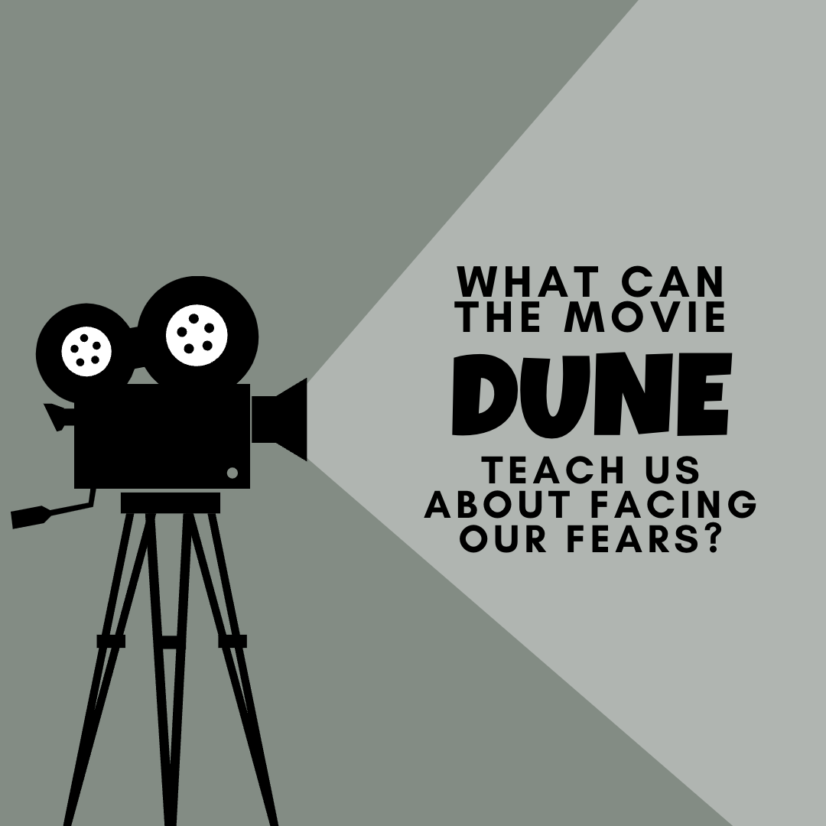Spoiler alert ahead (for your mental health and the movie Dune). If you have seen the movie Dune (2021), you probably remember the powerful Gom Jabbar scene, where the main character Paul Atreides faces a test. In this test, he is ordered to place his hand in a mysterious box that produces enormous pain and keep it there or face his death.
If you haven’t, I highly recommend you see the film, but you can also check out the excellent breakdown of this intense scene from the film’s director Denis Villeneuve.
The Gom Jabbar scene tests Paul’s determination and ability to resist fear and the impulse to avoid pain.
The scene subtly lays out the context for this test. When Paul asks the Reverend Mother, “What is in the box?” she replies, “Pain.” This moment creates a sense of panic and the feeling of being trapped. The fear of pain at that moment is so intense and relatable. There’s also the inner conflict as Paul’s mother allows the Reverend Mother to test him in this way, and as this is happening, his strong connection with his mother, who trained him, enables her to speak to him these words.
“I must not fear. Fear is the mind-killer. Fear is the little-death that brings total obliteration. I will face my fear. I will permit it to pass over me and through me. And when it has gone past, I will turn the inner eye to see its path. Where the fear has gone, there will be nothing. Only I will remain.”
It is a powerful scene watching Paul gradually find something deep within himself that allows him to confront his fear, transcend his pain that can only surface by allowing his fear to pass through him.
Many of us have heard about the importance of facing our fears to overcome them and while it’s nothing new to see a film with a character facing their fears (think Luke Skywalker in the cave on Dagobah, Bruce Wayne facing bats in a cave, Ellen Ripley taking on the xenomorph in Alien), it can be challenging to see how that applies to real-life fear.
If it’s not clear what fears you might face, it could be helpful to have someone to talk through and explore what those might be and bring those to the surface.
It can also be beneficial to have a trained therapist that can witness and help guide you through facing, learning to tolerate fears, and taking back control of your mind. If you want to start doing some of that yourself, check out this link for some practical ways to get started.
Written by: Dustin Ellis

